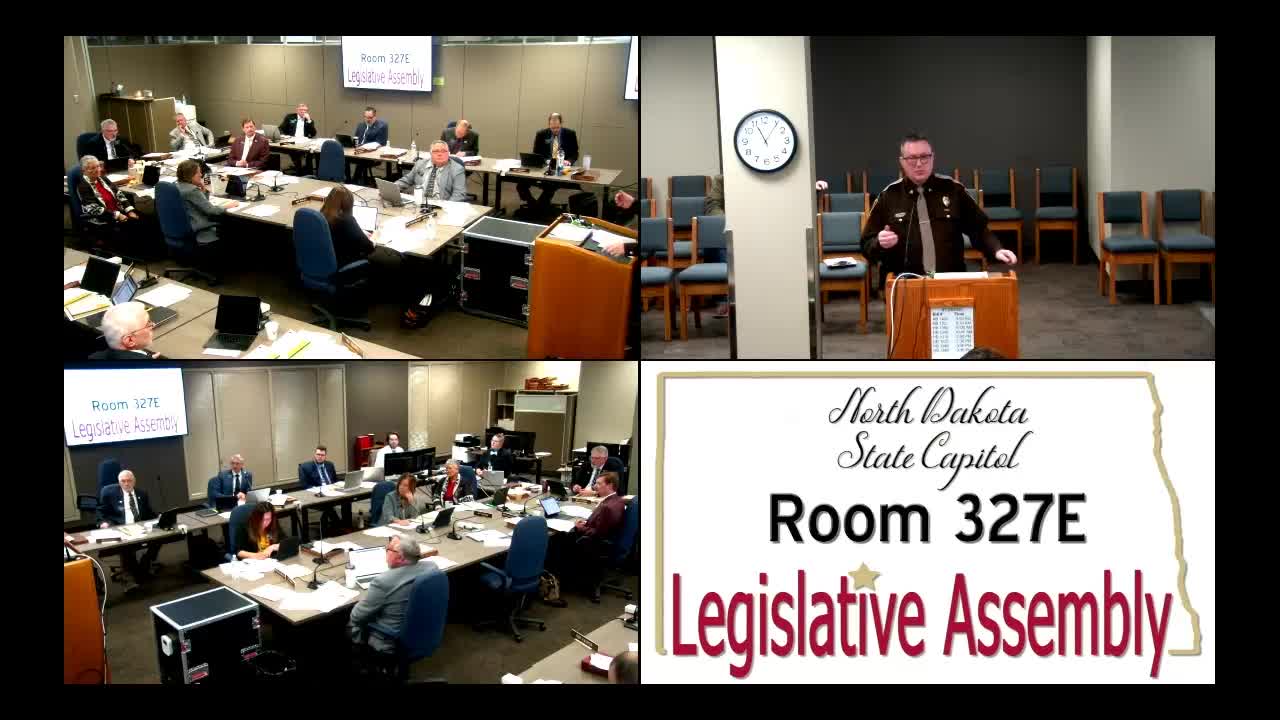Article not found
This article is no longer available. But don't worry—we've gathered other articles that discuss the same topic.
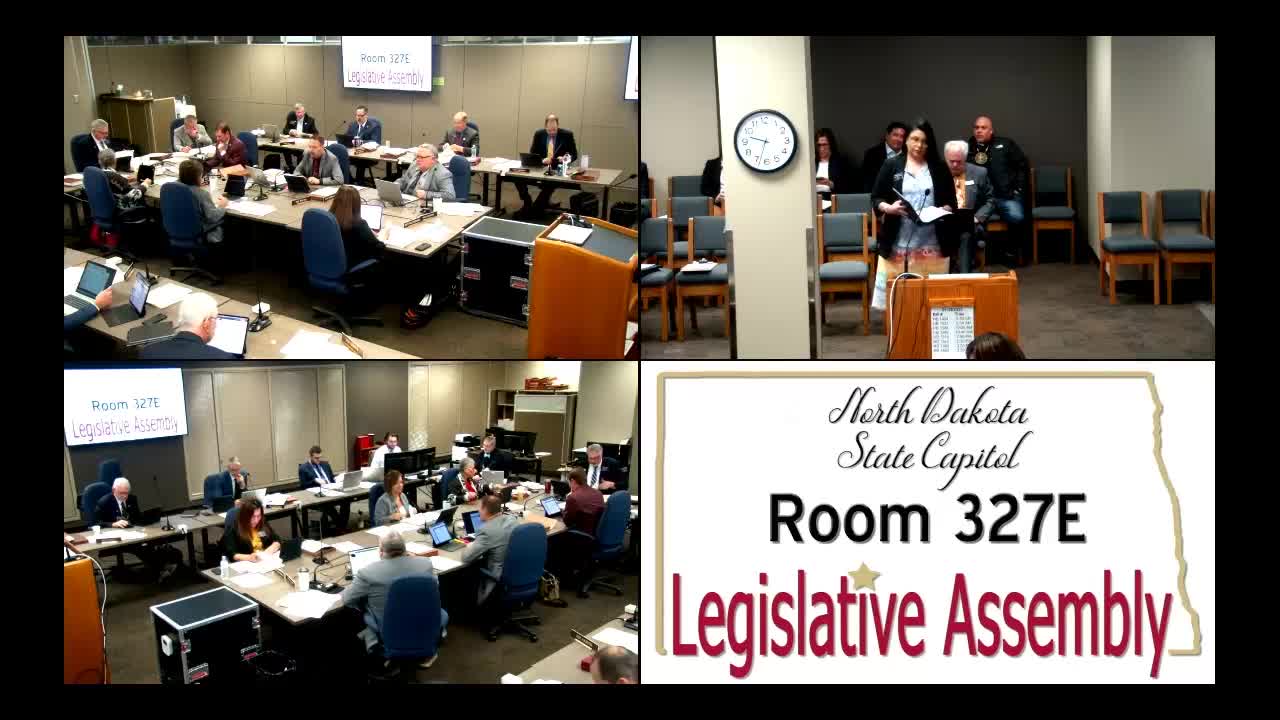
Panel holds bill to restore motor vehicle excise exemption for enrolled tribal members after broad testimony from tribes
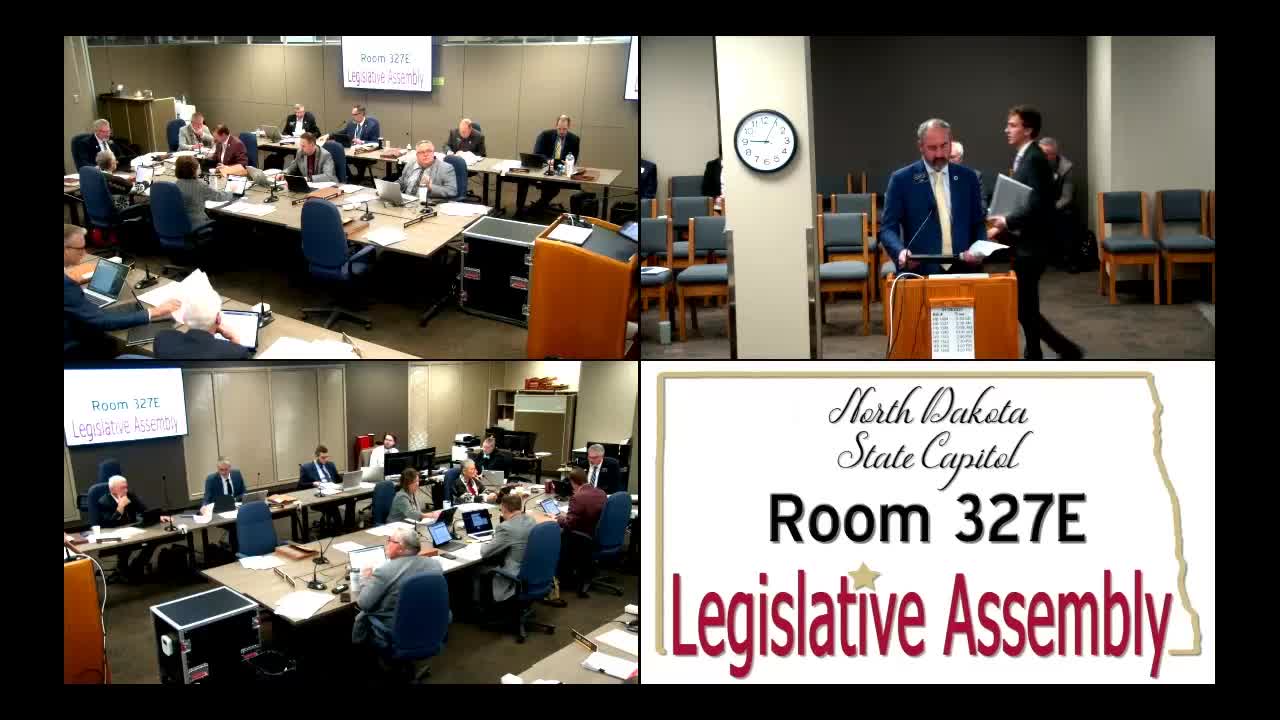
Committee recommends against bill that would lower excise tax on older vehicles and change cross‑state exemption
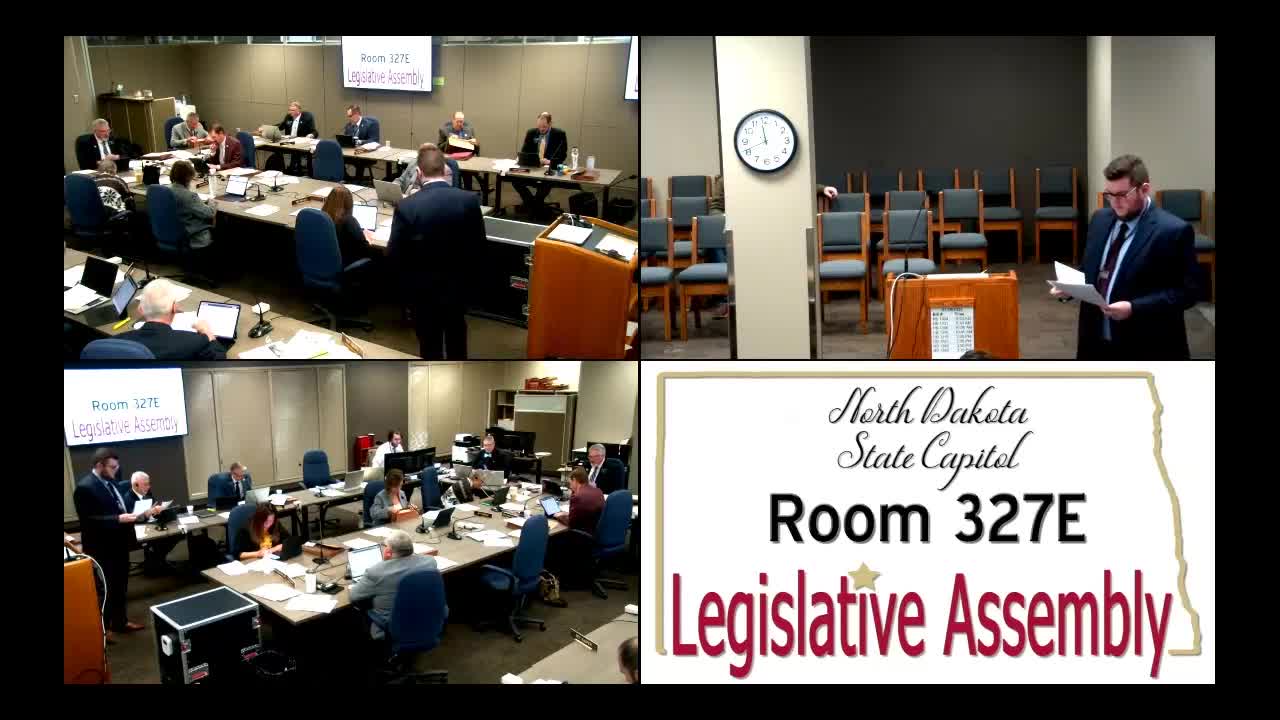
Committee amends and gives due‑pass recommendation to transit grant bill focused on nonfixed rural services
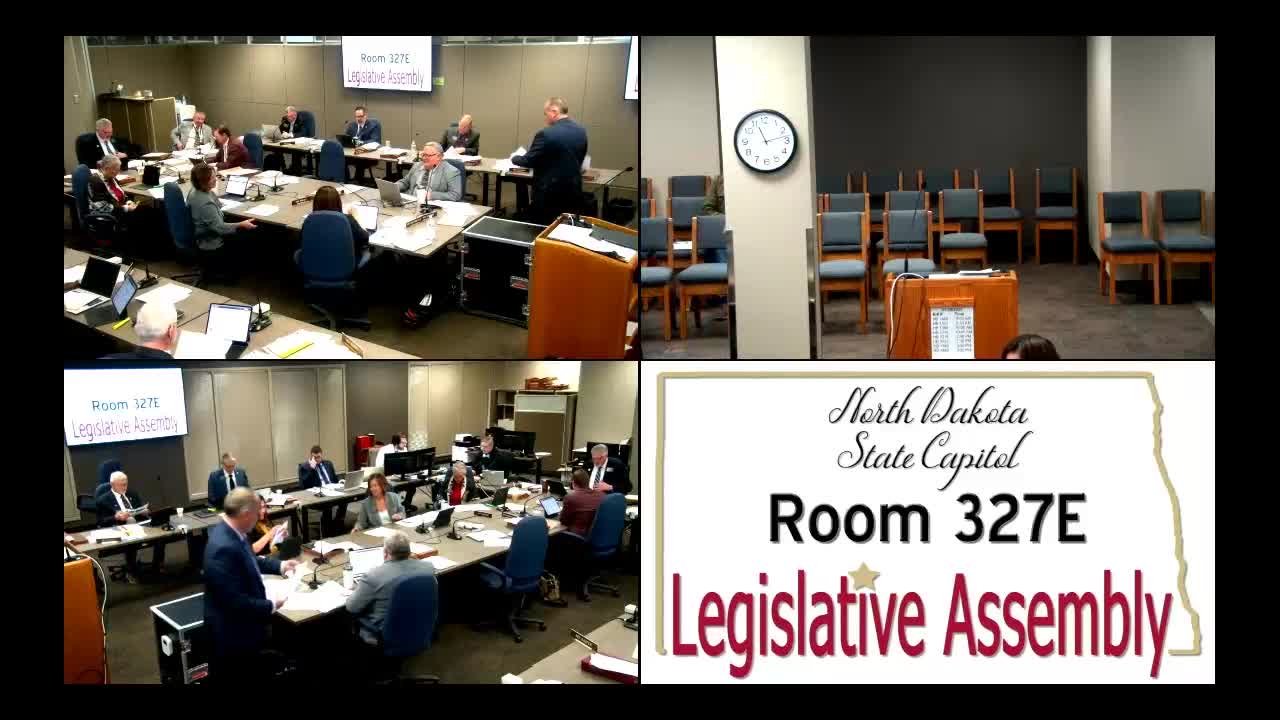
Committee hears bill to reduce allowable front side window tint; sheriff and patrol testify in favor
